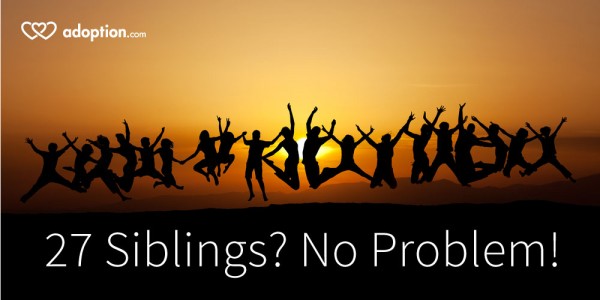Suzanne was one of 28 children–all in one family. She recalls, “My siblings are my best friends. When I was little I adored my older sister Sherri. She is 12 years older than me, so she was ‘in charge’ of taking care of me. I remember holding her hand and hanging out with her as much as I could. She would do my hair on Sundays, which was a big deal. I didn’t love sitting still, but she would wrap my head in curlers and make me wait until they were dry and then fix my curls. I would often sleep with her on the top bunk. When she went away to college, I fell out of bed more than a few times before I figured out that she wasn’t there to stop me from rolling out of bed.”
“Once Sherri left for college, I spent more time with my younger sisters. They were old enough to play and that forged a strong bond for us as we grew up. We would run around outside as much as we could playing cowboys and Indians, or my favorite: “Little House on the Prairie.”
In Suzanne’s household, it was clear that everyone was required to contribute when it came to chores. And age really had nothing to do with it. With several adopted siblings, many of whom were disabled in some way, attaching a number (age) to a person didn’t work. So instead, they would all do what they could to help around the house. “Growing up we had a chore board. About once every three months, my dad would graph out the list of chores and assign everyone to what they were capable of. Little kids could help set the table and fold clothes. I remember coming home and having a HUGE pile of clothes and dreading the work. It probably didn’t take as long as I thought, but it did teach me that I don’t like to have piles of laundry sitting around. I am fastidious as an adult about getting laundry folded. One chore that I grew to like was dishes. Sunday dinners tended to create more dishes than the usual weekday dinners. I hated to spend hours doing those dishes. My dad was super helpful and would make a game of doing the dishes together. We would race the clock and see if we could beat our time each week. It was more enjoyable to do the dishes when it was a game.”
And always, members of their family would help each other. “There is a blessing with learning to take care of each other. It can also be a big responsibility for siblings. The phrase that comes to mind, probably because my dad said it often: ‘You need to work hard, so that you can play hard!’ Certainly there were times that I didn’t want to help (changing diapers was always a chore!) but I knew that once we got chores/work done, we’d be up to something fun. One winter it snowed and stuck for a bit. We had the best sledding driveway on the block. Inner tubes were found and whatever makeshift sleds we could throw together made for a great day. I remember my brother with cerebral palsy LOVING the ride down the hill. His smile lit up from ear to ear. He may have bounced off a few times, but he was ready to ride as soon as he could go again.”
Although a large blended family of biological and adopted siblings created a unique amount of work, it also helped to teach responsibility, acceptance, and love for Suzanne and her many siblings.

